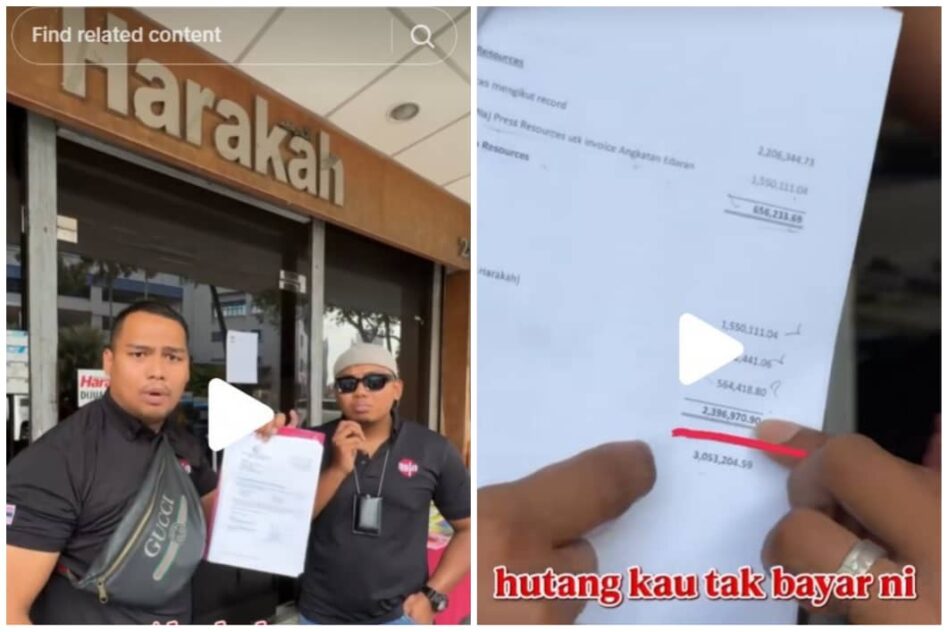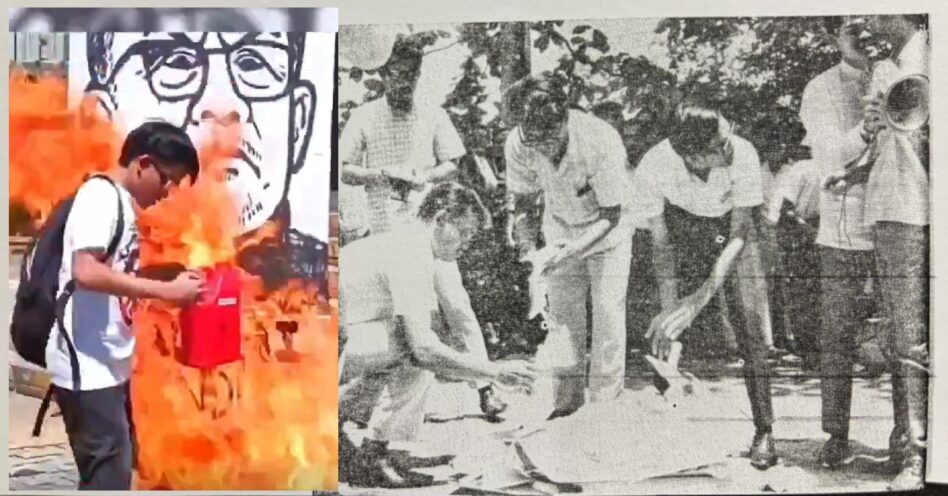By Capt Kamil Abu Bakar
MALAYSIA Airlines Bhd’s (MAB) future is still very much in the balance. The Finance Minister recently announced in the Dewan Rakyat that no decision has been made on the former’s position.
COVID- 19 has severely impacted all airlines, MAB included.
Though safe in the hands of the chief executive, Captain Izham Ismail, continuing with MAB may not be a workable solution.
Rebranding and reengineering Firefly could be a far superior alternative.
We must understand that many of these “aviation experts” might not fully understand the intricacies of an airline business.
One thing for sure is that they are not involved in the airline industry, have never flown an aircraft before, what more being in the management? No disrespect to them but they only look at things from the business perspective.
Obviously, they do not know how an aircraft is flown or how an airline is run. An airline business is not like any other business. It is by far, more complex.
It involves operations, sales, marketing, maintenance, customer service, catering, cargo, training, safety, security… the whole works, in a volatile and highly competitive market subject to dynamic changes.
The industry is nevertheless, very well regulated.
The operations of an aircraft can be subjected to its technical status and airworthiness. Being a machine, unserviceability of parts and failures can happen.
And flown by people, who are not infallible, accidents can happen.
Emergencies can come a calling anytime.
Furthermore, the weather which is beyond the control of man, can be unpredictable. It can create havoc to the aircraft operations, disrupting the schedules and incurring (unplanned) costs.
Not to forget, we can be caught in between the political war of powerful nations and needlessly, become victims.

Airlines do not engage magicians to make their aircraft disappear or encourage their pilots to fly outside the airways without clearance to be shot down.
Should if that were to happen, they have the bear the consequences.
Costs, profits take a back seat
Then the unthinkable happen – the COVID-19 pandemic. Nobody would have thought of that COVID-19 to make its appearance, causing the aviation industry to come to almost a standstill – except for cargo operations.
Having said that, let it be understood that the present situation we are facing- affects all of us, not only the airline industry but also all associated and related services.
Among them are tourism, hotels, hospitality, transportation, catering, aircraft manufacturing, fuel suppliers and others.
With the borders closed, aircraft not being able to fly, people cannot travel… there is nothing anyone can do about it…no matter how expert one is in the business…. except to keep the company afloat…. if one has the financial muscle to do so.
But for how long?
The worse affected are the countries that rely a lot on tourism… Thailand, Maldives, Turkey, Indonesia, Saudi Arabia and countries without domestic market for air travel, like Singapore and Brunei.
The bigger the airline, the worse one would be affected.
And no one could do anything, expect to restructure, cut down in services and of course, reduce staff numbers.
If they fail do so, nothing else can be done apart from declaring bankruptcy and shut down the business for good.
And that is the reality staring at MAB right now. They have to service the loans, pay the lessors and pay their staff.
If the Government or Khazanah Nasional Bhd (Khazanah) were to pump in more money, most of it will go to the creditors and lessors, with more money spent and little revenue generated.
So, under the present circumstances, the best option if the creditors and lessors cannot agree to the airline’s restructuring plan or come to a compromise, then it might have to be shut down.
The big question is, when will the virus go away?
Even when the pandemic ends and the international borders open up again with the airlines flying once more, it’ll take up to two to three years before the industry recovers to the pre-COVID-19 level.
In the meantime, MAB must take stock of things, reflect on the past, what went wrong and reboot the organisation.
Therefore, the Government might want to consider channeling the “Rescue Package” to Firefly, and eventually turn it to become the national airline.
If would be easier to get it started…. unlike in 1971, when Malaysia Airlines was established.
Now we have the expertise, people who are long in the industry and trained technical staff, pilots and engineers.
We can still have our national identity by adding ‘Malaysia’ to ‘Firefly’… becoming Malaysia Firefly or other names to denote that it is a national carrier.
Make no mistake about it. We need a national carrier, not for sentiments sake but for national interest and our pride.
We cannot and should now allow foreign carriers to operate for our nation.
Everybody loves to travel using MAB except for some – for obvious reasons, would opt for the low-cost carriers.
Therefore, I would like to suggest the following:
- Transfer all MAB assets to Firefly, the current subsidiary.
- Absorb all the essential staff- especially the technical staff, pilots, engineers, even cabin crew. A lot of money and time are spent to train them.
- Reduce the number of staff.
- End the contract of expatriate employees.
- Get rid of the non-performers and dead woods.
- Retire all those above the age of 60.
- If necessary, those retained to go on indefinite unpaid leave until the industry fully recovers.
- Start small. Focus Boeing 737 services on domestic routes, especially to East Malaysia.
- Give choice to travellers —have low-cost Boeing 737 services operating from Subang or Penang, mainly to East Malaysia destinations – like what Firefly once did.
- Slowly spread services to major cities in Asian countries- Singapore, Jakarta, Seoul, Bangkok, Hong Kong, Manila, Tokyo, Taipei etc.
- Utilise the A350 aircraft to London and Australian destinations, starting with Sydney, Perth and Melbourne.
- Since there are no buyers for Airbus 380, find ways to utilise them to the maximum- operate umrah and Haj charters when they are open again and if necessary, deploy the aircraft to London route. Work closely with Tabung Haji, Andalusia and also Reliance Travel for other tours.
- Be more aggressive in cargo operations. Acquire more freighter aircraft. Forget about buying new aircraft. Lease them and scout them for good offers.
- Embark on a change in work culture. It has got to be entirely performance based, achieving a high level of productivity.
- Maintain a very lean work force, dynamic and efficient workers.
- Be extremely cost conscious. Cut down wastages.
- Embark on continuous fuel conservation programme.
- Be innovative in the competitive and ever-changing market.
And always remember to learn from past mistakes and do no repeat them. – Jan 4, 2021.
Capt Kamil Abu Bakar was a former Malaysia Airlines Director of Flight Operations, chief pilot, Flight Safety & Security director and member of the International Advisory Committee of Flight Safety Foundation.
The views expressed are solely of the author and do not necessarily reflect those of Focus Malaysia.









